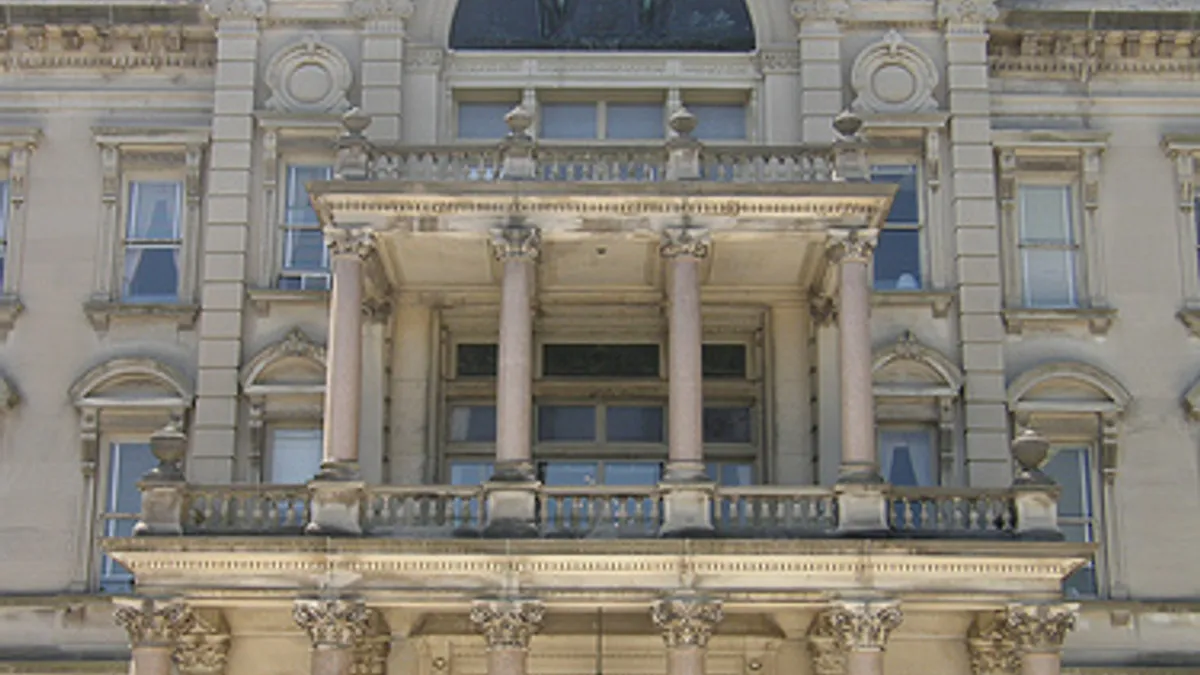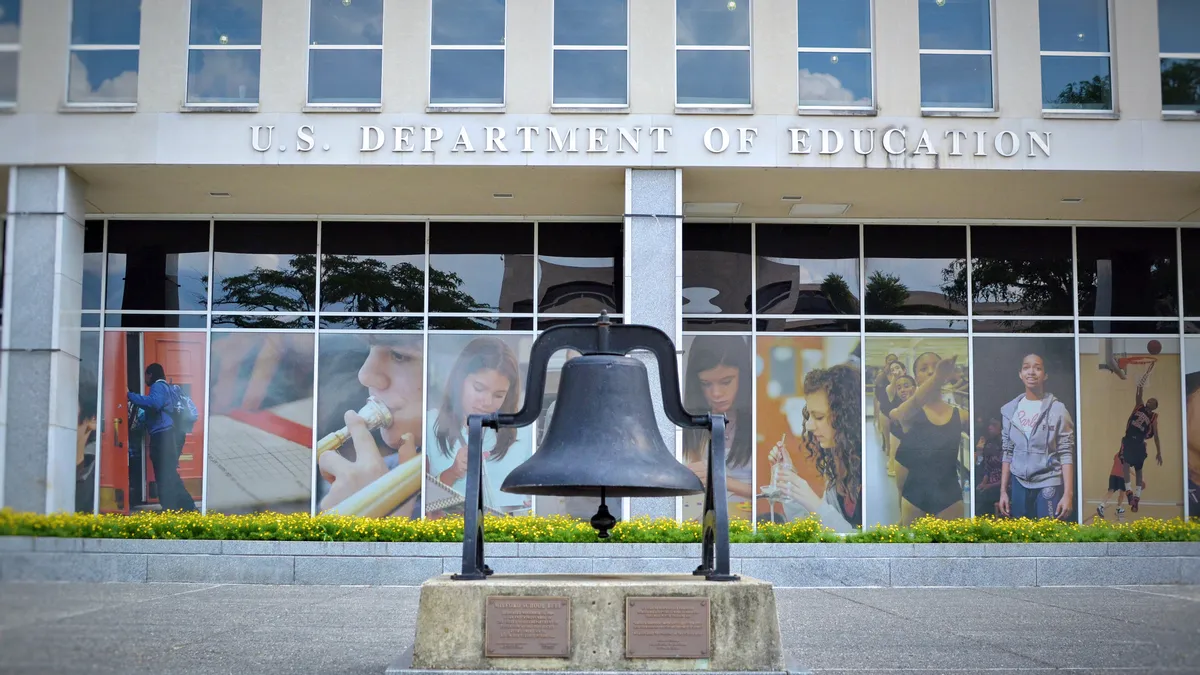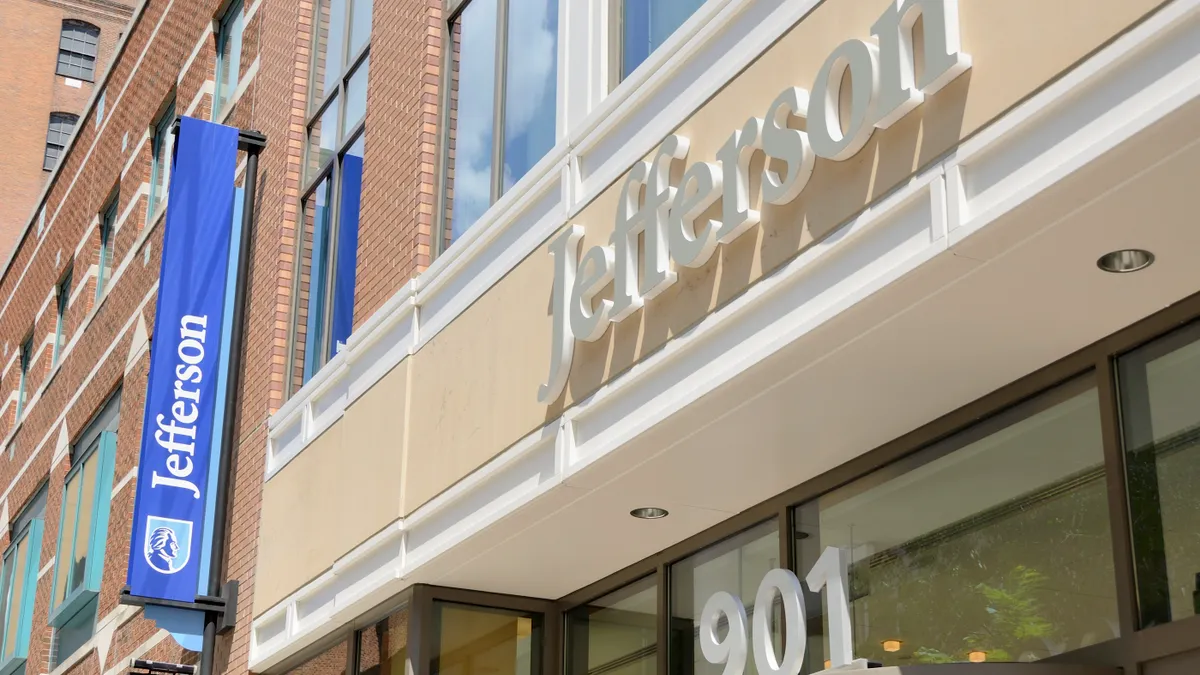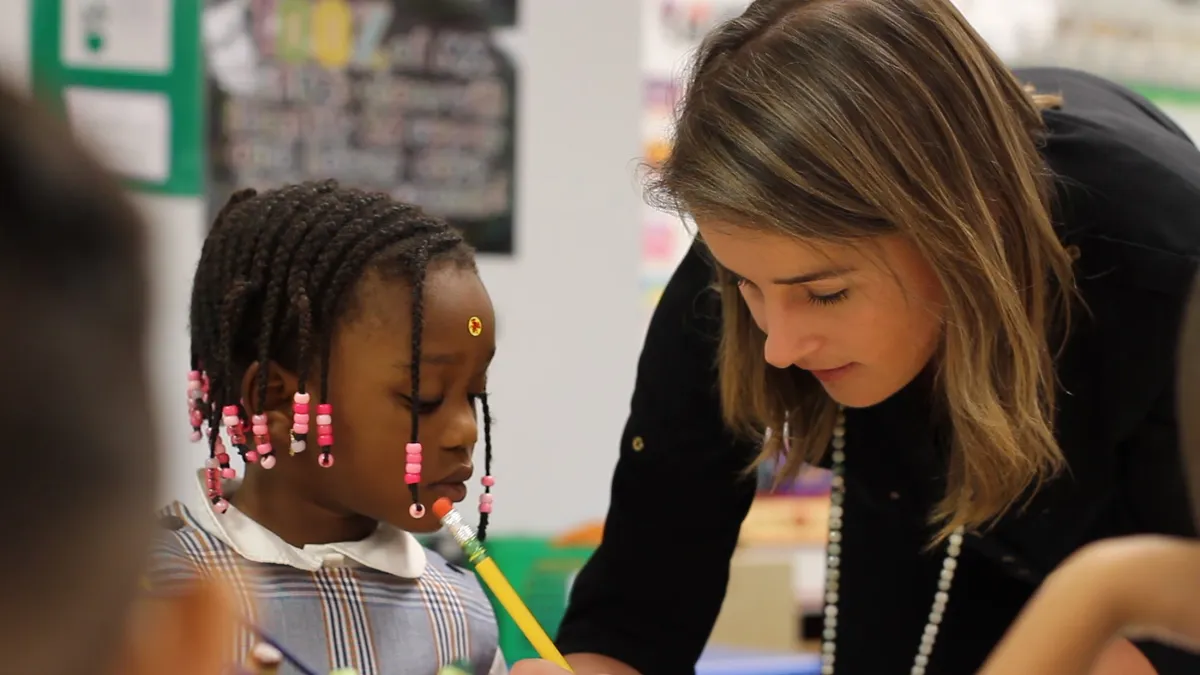Editor's note: Crystal A. deGregory serves as the inaugural director of the Atwood Institute for Race, Education, and the Democratic Ideal on the campus of Kentucky State University, where she is also an associate professor of history.
Within a single academic year, a seeming resurgence of student protests at historically black colleges and universities is calling attention to these schools in ways that undoubtedly make most administrators uncomfortable and often marks protesters as threats to the survival of the institutions they call their own.
Student protesters at HBCUs are not, however, preoccupied with convention that says: if you love your alma mater you will not criticize her publicly.
Maybe they are right.
Black protest at HBCUs is a tradition as old as the institution themselves — especially if one recognizes that to be black and educated defied conventionality which advanced that black folk were not educatable, much less smart.
In fact, black education in and of itself is a protest.
And for as long as black schools have existed, black college students have led the way in the forging by force, the making of modern America.
All of us have been the beneficiaries of the courage of black college students. Whether it’s in choosing your seat on a bus, sitting in a restaurant, trying on clothes or drinking from a water fountain, desegregation in public accommodations has been ushered in by their protests.
To be clear, protesting is as much a part of the HBCU tradition as Greeks strolling on “the yard,” bands playing at football games and fried chicken Wednesdays in the cafeteria. It is not an aberration. It is central to our historic and contemporary mission.
To lose them means that we have loss a part of what makes us special. Then we’d really be in trouble because it would be an indication that our historic mission has been subject to some kind of erasure.
Which is why we cannot get to the place where student protest is disallowed.
Black colleges have, by virtue of racism and of white supremacy, have been burdened with exceptionalizing themselves in ways in which demonstrate the influence of toxic black respectability as well as a preoccupation with the white gaze—the notion that we are not supposed to wrestle with the same types on intra-institutional struggles that other institutions have and do.
That is to say, all institutions have problems—including HBCUs. If protesting is not present at them, it doesn’t mean we no longer have problems but rather that students have lost the courage to protest because we are failing to cultivate the courage to protest in our students. That’s the real canary.
Administrators, understandably, are keenly aware of the delicate positions of HBCUs in a sector that most experts agree is beset with serious and real challenges to the persistence of many American colleges and universities—not just HBCUs.
Although preoccupied with their institution’s story not ending with them, HBCU administrators generally and presidents especially should always remain aware that their institution’s story did not begin with them. It is our duty to honor the past, a past filled with HBCU presidents who likewise, were faced with student protests and who did not always or even often welcomed the “trouble” they bring.
To honor the past is to inspire in the present what will be needed in the future. And for us, that means cultivating informed courage in our students. Because inasmuch as courage is absent in cowards, it is dangerous in those who are ignorant. Nothing is as damning as courage paired with ignorance.
So how should HBCU administrators respond to student protests?
In general, college administrators could do a better job, listening, explaining, confronting difficulties together—as opposed to simply dismissing protesting students as rebellious or misplaced or outside of the character of your institution. Something up to and including how students process across the graduation stage, should be discussed with students who simply put are customers. Because despite our definition of ourselves as a family, and our efforts to lend care to students as though they are our children, they are, in fact, not children.
We simply cannot say and do whatever we like to students because we can. It shouldn’t have ever been the case and to whatever degree it was, it certainly is not the case anymore.
With the ever-presence of social media, we don’t live in a world where administrations can hand-down an edict and have students blindly follow it. And the truth is they never did—they just didn’t have Twitter, Facebook or Snapchat.
And since student protests aren’t likely going away, administrators have to be able to articulate to others why they honor the protest of their students, even when they disagree with them.
You may not like their choice of protest as swag-surf while chatting unrepentantly explicit rap lyrics at the top of their lungs in your administration building, but students have the right to protest as much as any other citizen can and does.
We must be careful to, on the one hand, celebrate protest that does not directly challenge us or our authority, as in the case of Colin Kaepernick, but, on the other to discount, dismiss and to oppose the discontent of students because as administrators and faculty, the protest of students challenges our authority and challenges us.

















